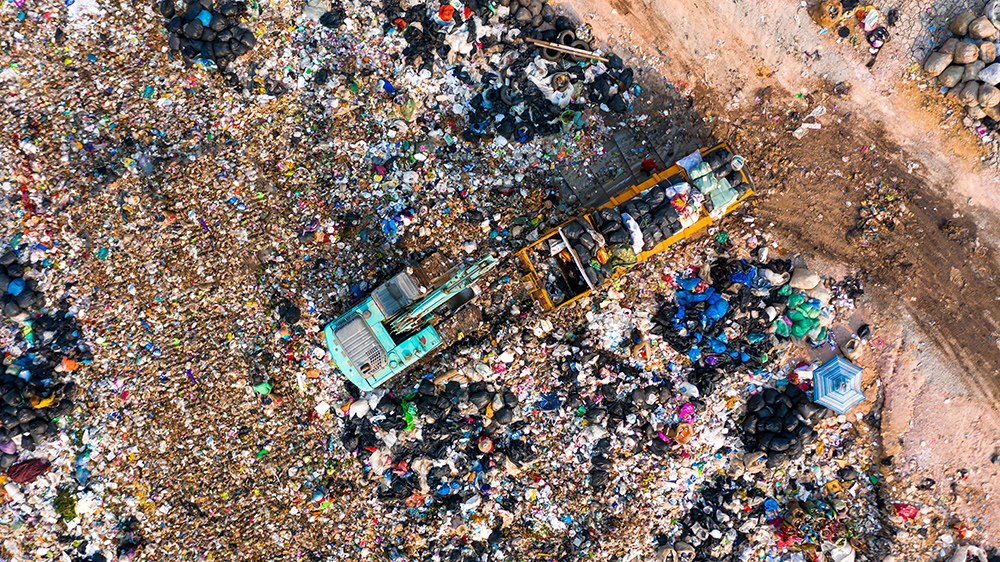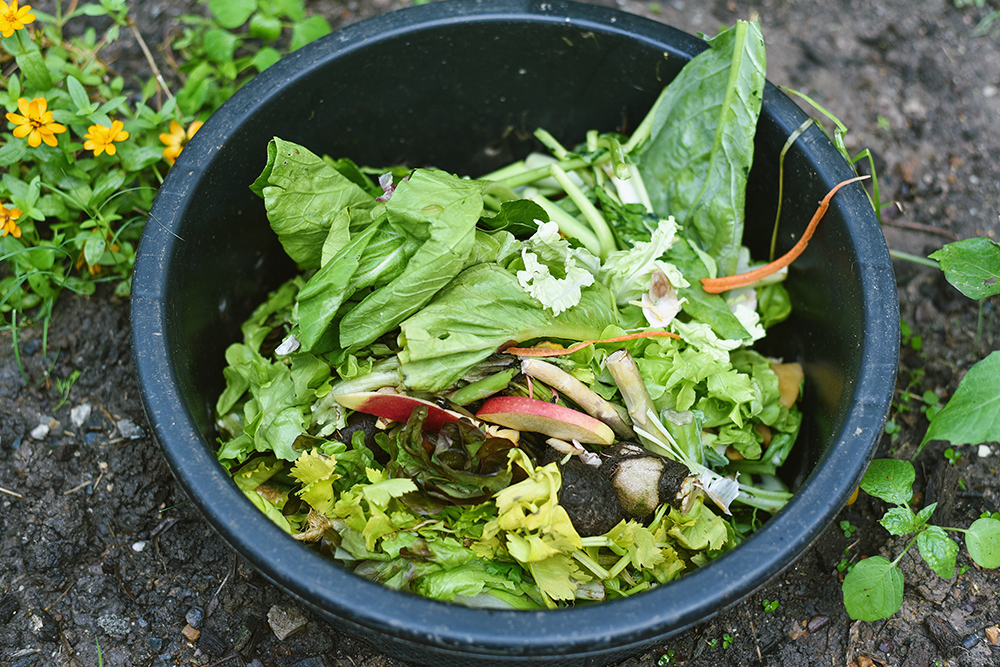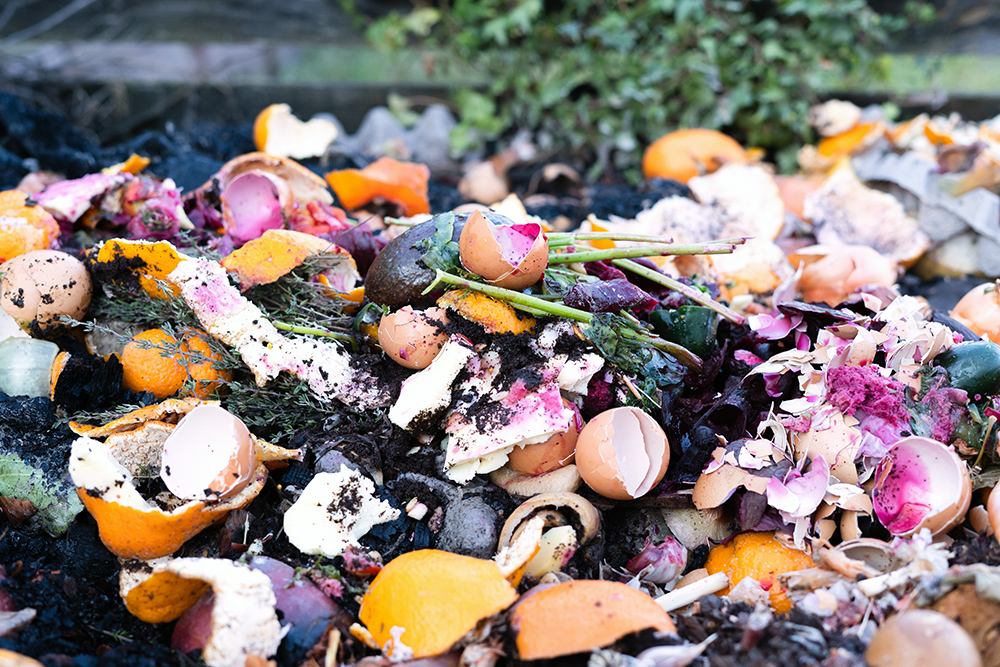Recent Posts
- Home
- Elevate Blog
- What Happens to Compostable Items in a Landfill?
What Happens to Compostable Items in a Landfill?
Posted on
We’re often asked the question: "Will my packaging compost in a landfill?" At first glance, the answer is straightforward - no. But as with many things, the longer answer is a little more complex.
The terms biodegradable and compostable are often used interchangeably, but they are not the same. The real question many are hinting at is, "Will it biodegrade in a landfill?". The answer to that is “it depends”.
The end result of composting is compost - a nutrient rich soil amendment. Composting is a stark contrast to the stagnant environment of a landfill. All of your leftovers, yard clippings, organic waste, and compostable packaging that end up in the trash will not turn into nutrient-rich soil in the landfill.
To find out more, we need to dig a little deeper into how landfills work:

How Do Landfills Work?
Imagine throwing away your trash - a plastic bag from the grocery store, an empty glass jar, or leftovers from last night’s dinner. Now multiply that by millions of households. The result? A huge collection of waste, from metals and medications to food scraps and more, all ending up in one place: the landfill.
Read More: Is Composting Better than Landfill?
Think of a landfill as a container, where waste is more stored than broken down. The primary role of a landfill is to collect and contain the waste that isn't sent for recycling or composting. Their design aims to prevent biodegradation and decomposition. If landfill waste biodegraded quickly, the landfill could sink and become unstable. Instead, they are designed to eliminate exposure to oxygen and sunlight in order to prevent waste from decomposing. They are lined with clay or plastic, to ensure that anything that seeps out from the waste doesn't make its way into our environment.
If a landfill is designed to collect and contain waste, how is composting different?

Compost vs Landfill
Landfills are designed to contain waste, not to promote its decomposition. Composting, on the other hand, creates the perfect conditions for decomposition. Organic materials, when introduced to microorganisms, moisture, and oxygen, break down into their simplest parts. The result? A nutrient-rich end product that benefits both soil and plants. While landfills aim to contain, composting seeks to transform!
|
|
Composting | Landfill |
|---|---|---|
| Purpose | Transform organic waste into nutrient-rich compost. | Contain and store waste. |
| Environment | Aerobic (presence of oxygen). | Anaerobic (limited oxygen). |
| Decomposition | Promotes rapid decomposition. | Prevents rapid decomposition. |
| Benefit to Soil | Enriches soil. | No direct benefit. |
| Duration | Weeks to months for decomposition. | Waste can remain unchanged for decades. |
While landfills focus on containing waste, composting transforms waste into a valuable resource. It's a difference between burying our problems and nurturing solutions!

What Happens to Organics in a Landfill?
When organics and compostable items are trapped between stagnant layers of trash, they're cut off from oxygen, moisture, and aerobic bacteria.
As a result, organic waste in landfills undergoes anaerobic decomposition. This process releases potent gasses, notably methane—a potent greenhouse gas. If not fully contained by landfill infrastructure, these gasses can seep into our atmosphere, contributing significantly to climate change.
Landfill should always be the last resort. For compostable items, their best end-of-life scenario is composting! Composting isn't waste disposal; it's a transformative process that turns waste into a valuable resource, enriching the earth and supporting a sustainable future.
Compostable Packaging Gets Composted
In partnership with the Compost Stewardship Institute, we connect brands with composters, ensuring that packaging is composted correctly. This initiative reduces waste, ensures compostable packaging doesn't end up in landfills, and transforms it into a valuable resource that gives back to the earth.
While compostable packaging offers numerous environmental benefits, its true potential is realized when it's composted! Composting offers a solution to enrich degraded soil, reduce erosion, conserve water, and combat climate change. By choosing compostable packaging, sustainable brands support a healthier environment, enriched soils, and a sustainable future.
Want to get ALL your packaging composted?
 Loading... Please wait...
Loading... Please wait...


